Table of Contents
Humanistic and Social Realism:
Humanistic Realism:
The study of Roman and Greek literature is necessary for attaining that aim. Humanistic Realism gave a dominant place to the old literature and considered it necessary for the personal, social and psychological development of man. Erasmus, Rabelais, and Milton are the chief exponents of the theory. Erasmus feels that “Knowledge seems to be of two kinds, that of thing and that of words. That of words comes first but that of things is more important”. His two books “System of Studies” and “Cicronianism” are very famous in the field of education.
Rabelais, a French, brought a revolution in the field of education through his ideals. He wrote two books- “The Heroic Deeds of Pantagruel” and “Life of Gargantua”.Rabelais proposed liberal education in place of old wordy idealist education. He laid stress upon the religious, social, and moral education. He was in favour of granting knowledge of things to the students. He erased the grammar and logic from the syllabus. According to his views, the knowledge of a practical atmosphere was more necessary and he favoured all-round development of education. He had a definite principle of his own to evaluate the usefulness of education in life”.
Milton expressed his views in “Tractate on Education”. He writes, “I call, therefore, complete and generous education that which fits a man to perform justly, skillfully and magnanimously all the offices both private and public of peace and war”. He was in favour of such education to the children which may tell about God and in general love for him in their heart. Being a realist he favoured the knowledge of real things than the wordy education to the children. He described that physical education is more important for the development of the child. Milton has drafted a syllabus of education from 12 to 21 years in the following manner.
1st year- The knowledge of Latin, grammar, mathematics and geometry.
In the next four years- Knowledge of farming, physics, crafts, geography, economics and physical geography.
During the remaining years- Bible, Hebrew, Greek, Roman, Saxon, Economics, Politics, History, Poetry and the Law.
He advised the study of Greek and Latin books for the purpose and opposed oral education.
Social Realism:
Social Realism is that of education, which comes into being through the contact of man with the thing. Travelling is of great importance in such education. Ross writes that “The social realists, looking askance at bookish studies, stressed the value of direct studies of man and things, having in mind chiefly the upper classes they advocate a period of travel a grand ‘tour’ which will give a real experience of varied aspects of life”.
Montague and Locke are the other two exponents of principles.
Montague- Montague was never in favour of accepting a thing without understanding and he never believed in education for knowledge’s sake. He wanted to make a man, through education, practical and rational so that he may be successful in life. He opposed the bookish knowledge and always disfavoured the establishment of educational institutions and oral education. He has written three books- “Of Pedantry”, “Of the Education of the Children” and “Of Affection of Fathers to their Children”. He was in favour of education based upon self-experience. Writing about the self-experience, he says- “We can say that Cicero said so, Plato said so…….but I asked what do I say if the mind cannot find out the result then I would suggest that playing of tennis is better than the bookish knowledge. He favours sending children on tours to the other countries so that they may improve their knowledge and mental faculties.
Locke- John Locke has expressed his views on education in a book entitled “Some Thoughts Concerning Education”. Locke favoured that the object of education is to develop in a child virtue, wisdom, breeding and learning. Besides that, he laid stress upon physical, moral and mental education. Locke opposed general education and supported the education for the high-class people.
Locke never supported physical punishment and advocated a real and loving system of education. He supported education in mother tongue. According to him, a teacher should be such that he himself be educated and well versed with the customs of belief and rights and duties of people, and the trends of all ages and places. About the syllabus, he writes- “Besides what is to be had from study and books, there are other accomplishments, necessary for a gentleman such as- dancing, music, horseback riding, fencing and wrestling.
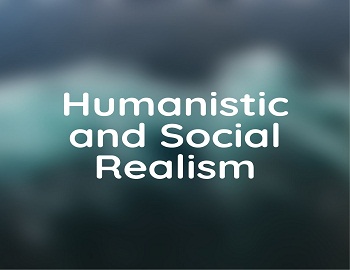
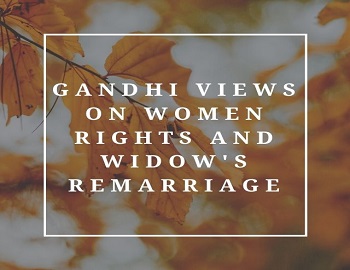
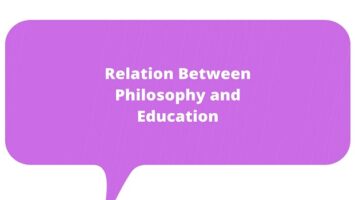
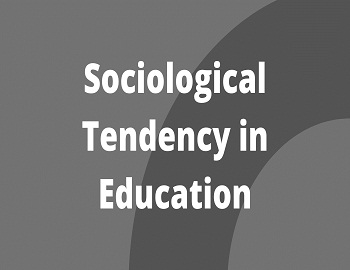
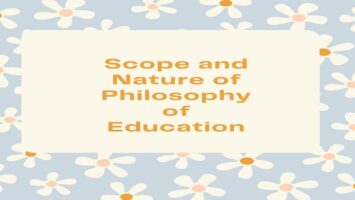
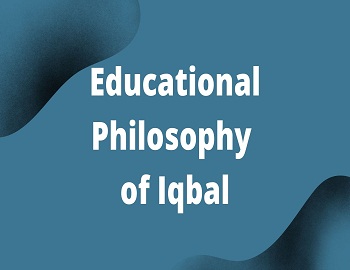
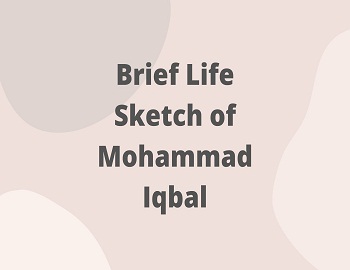
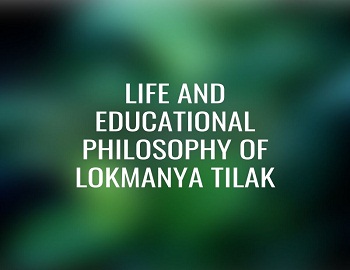
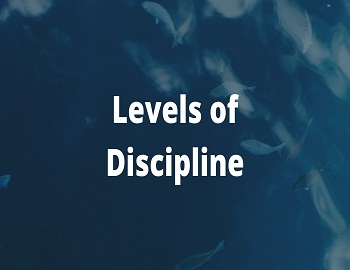
Comments (No)